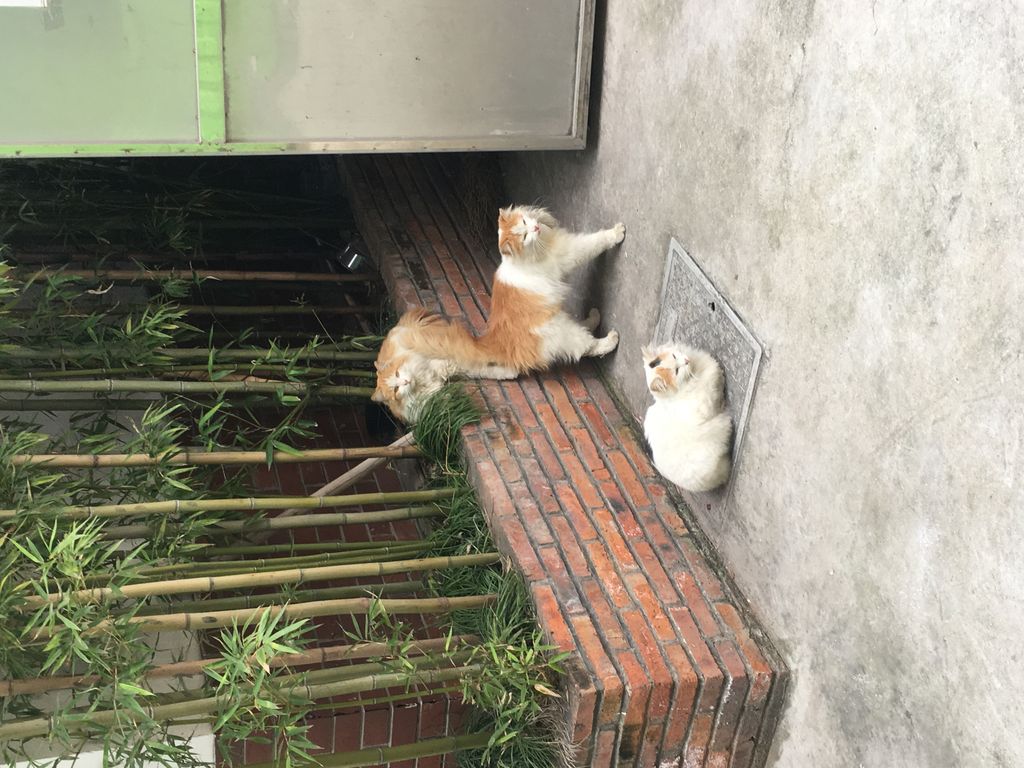Above all, studying abroad is an incredible adventure. Regardless of your destination, packing up and moving somewhere new is both enthralling and terrifying. Everyone enters his or her study abroad experience with certain expectations; after all, we have records of the students who came before us (Instagram). Hopefully, many moments of your study abroad experience will live up to your dazzling expectations. Others won’t.
But between all the trials and tribulations of your study abroad experience, it’s important to take advantage of the incomparable opportunity you have to live, learn, and even work in a a completely new environment. Here are some key tips to keep in mind while you’re studying abroad:
Be independent.
College is where many adults first establish their sense of independence, and studying abroad is an opportunity to expand that independence to a new level. Take yourself out to coffee. Spend an afternoon exploring your new city or town on your own. Go to a museum by yourself. Wander with purpose.
Talk to locals.
While the friends you make in your program will undoubtedly be wonderful, take time to get to know those living and working in your host community/town/city. If you’re in a big city, this means interacting with your professors or internship colleagues, and learning more about their background and their life in the city. Homestay programs are a fantastic way to do this and provide the best cultural immersion experience.
Put yourself first.
When making weekend plans or preparing for trips, don’t feel as if you have to settle for something your friends want to do. While compromise and collaboration are key to being a good travel companion, don’t go on trips or outings just because your friends are going. If there is a different site you wanted to visit, or a different trip you wanted to take, put yourself first and do it. Study abroad is your turn to explore, learn, and grow as a student and person. It’s OK to deviate from the mainstream.
Take at least one solo trip.
It doesn’t have to be an overnight trip. Perhaps it’s a hiking trail nearby, or a day trip up the coast. Maybe it’s a train ride to the next town over, or maybe it’s a flight to a neighboring country. Regardless, make time to take one trip by yourself. You’ll find that you absorb the most when exploring somewhere new on your own.
Ask questions.
After you’ve arrived somewhere new, you’ll spend some time figuring out where to go and what to see. Asking questions – to locals on your plane/train/bus, your hostel staff, your waiter, or even random passersby on the street – will undoubtedly yield the best and most authentic recommendations. Google is good, but the people who live and work there are even better. Moreover, there’s a story behind every site you visit, and travel is exponentially more rewarding when you understand the historical context behind the magnificent sites you’re visiting.
Stay in touch.
Stay in touch with the people you meet both in and out of your program. In today’s world, you are more likely to cross paths with them again than you were several years ago.
Collect something.
I chose magnets, which now decorate my refrigerator and serve as a daily reminder of my study abroad experience. Magnets were my collector’s item of choice because they’re cheap, small, and intricate, but the same can be said of shot glasses, post cards, mugs, and so many other items. If you’re a writer, collecting your daily thoughts in a journal could suffice. Video diaries do the same. But make sure you have some memento from every journey you take, because you before you know it, you’ll be boarding your flight home.















